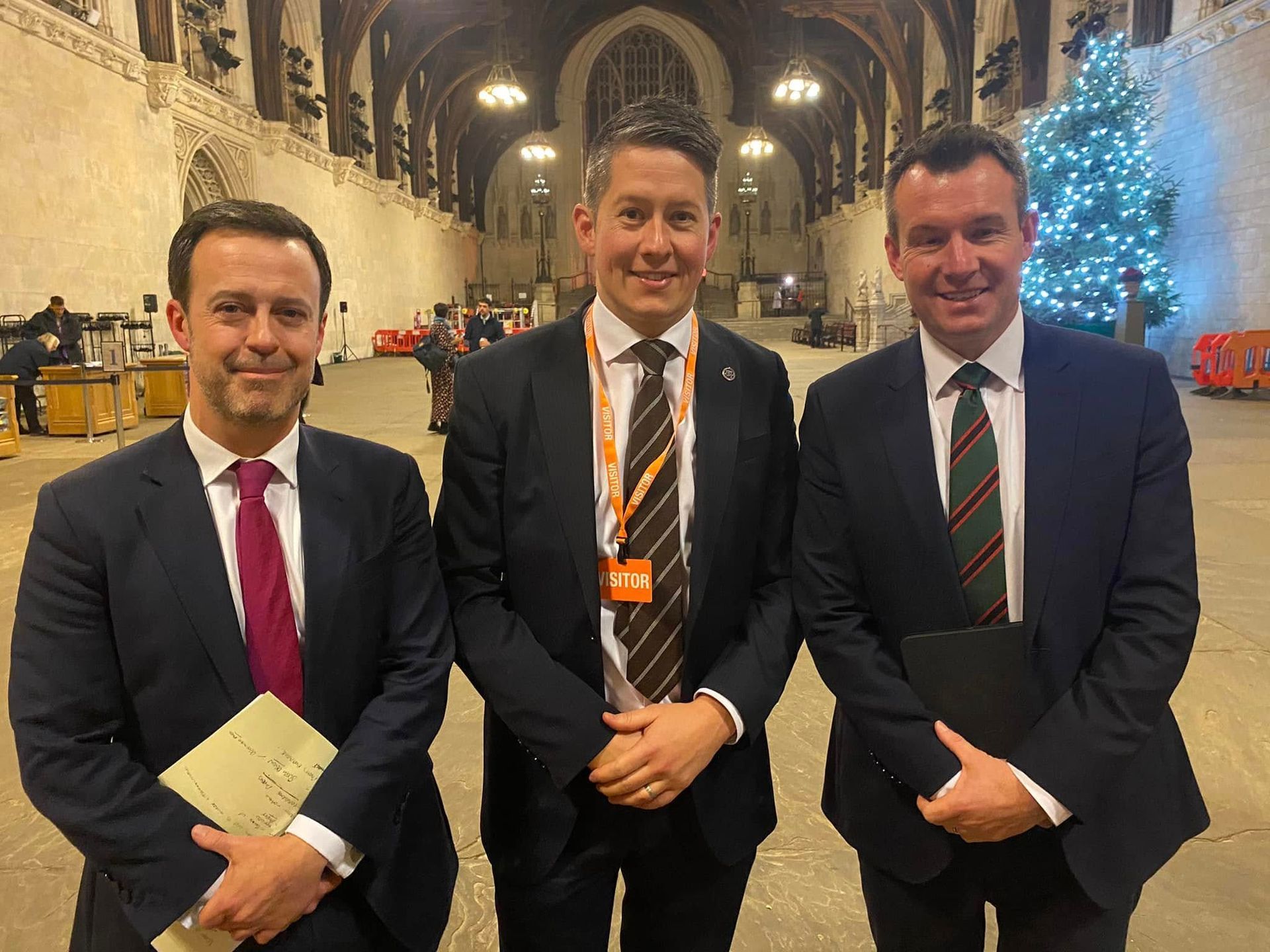Update Report on Petition to Add Content on Death, Dying, and Bereavement into the National Curriculum
Update Report on Petition to Add Content on Death, Dying, and Bereavement into the National Curriculum.

APPG for Bereavement – Update Report on Petition to Add Content on Death, Dying, and Bereavement into the National Curriculum
Date: 1st February 2025
Prepared by: John Adams
Overview
Following the successful parliamentary debate on December 2, 2024, regarding the petition to integrate death, dying, and bereavement education into the national curriculum, this report provides an update on the progress made, key takeaways from the debate, and the next steps for implementation.
Parliamentary Debate – December 2, 2024
The debate saw overwhelming support from MPs across party lines, demonstrating a collective recognition of the importance of bereavement education in schools. Key points from the debate include:
- Strong Cross-Party Support: MPs spoke in favour of the motion, acknowledging the necessity of preparing young people with the knowledge and emotional literacy to navigate loss and grief.
- Personal Reflections: Many MPs shared deeply personal experiences of bereavement, making this one of the most emotionally resonant debates in recent times.
- Acknowledgment of Societal Need: The discussion underscored the wider societal impact of grief and the need for structured support through education.
The response from government representatives was encouraging, with a commitment to explore practical ways to incorporate bereavement education within existing curriculum frameworks.
Next Steps
- Formation of a Cross-Party Group: A dedicated cross-party group will be established to assess how bereavement education can be effectively implemented within the national curriculum. This group will bring together MPs, bereavement experts, educators, and representatives from the funeral and counselling sectors.
- Stakeholder Engagement: Engagement with educational bodies, charities, and bereavement organisations will continue to ensure that the curriculum proposals are evidence-based and age-appropriate.
- Pilot Program Exploration: The possibility of piloting bereavement education in select schools will be explored, with findings informing wider implementation strategies.
- Government Consultation: Ongoing discussions with the Department for Education will help shape policy direction and determine the most effective means of integrating bereavement education into schools.
- Public and Professional Awareness Campaign: Raising awareness among educators, parents, and students about the benefits of bereavement education will be an essential component of the campaign moving forward. John Adams is to feature again on BBC in February / March as the BBC are very interested in this specific petition and campaign. John is also discussing the campaign at the Australian Funeral Association conference in Vietnam at the end of March as they too are interested in implementing.
Conclusion
The success of the December 2nd debate marks a significant milestone in the campaign for bereavement education. The powerful testimonials shared by MPs highlight a collective willingness to drive real change in how we prepare young people for one of life’s most challenging realities.
The next steps will focus on translating support into action, ensuring that bereavement education becomes a standard part of school learning in a way that is meaningful, compassionate, and effective.
The APPG for Bereavement will continue to be an important platform to highlight the importance of the campaign.
Picture attached: Stuart Anderson MP, John Adams and Kevin Bonavia MP.


Use Legacy Share for Free
Explore
Copyright Legacy Share. All Rights Reserved | Terms & Conditions | Privacy Policy
